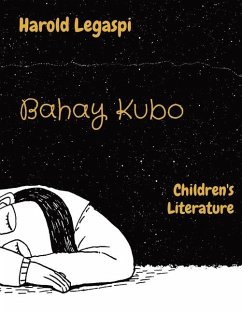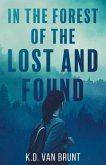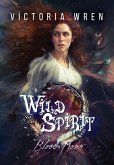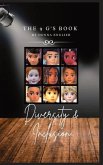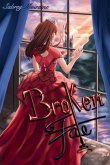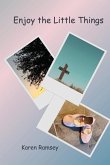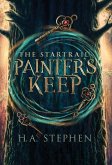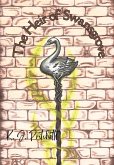Bahay Kubo brings children together through personal narratives which envelopes (Filipino) values and concerns, recognised as intimately and inextricably linked to broader, global political issues. Bahay Kubo begins with a story about a Crab whose family were taken away by fishermen, and consequently moves to the bundok (mountains) to build a house together with Nature's trees and creatures. Bahay Kubo continues with the story of Mabel, who had been invited by his neighbour, Ewan, for breakfast, as he leans about hospitality and hiya (self-regard). A story of Corey follows, as she grapples with real-life choices between fancy love and makabayan (love of Country). Then a story of a penguin named Mali, who traverses an old dilapidated house, which bears his fate upon dreaming. The story of Soledad and Tao gives readers insight by contrasting solitary and sociable ways of being and living. Then a vignette about an Illustrado who falls in love with an Igorot. Finally, a story premised on awa (compassion for others) is explored, about a petrol boy trying to support himself, his family and comrades.
Hinweis: Dieser Artikel kann nur an eine deutsche Lieferadresse ausgeliefert werden.
Hinweis: Dieser Artikel kann nur an eine deutsche Lieferadresse ausgeliefert werden.

